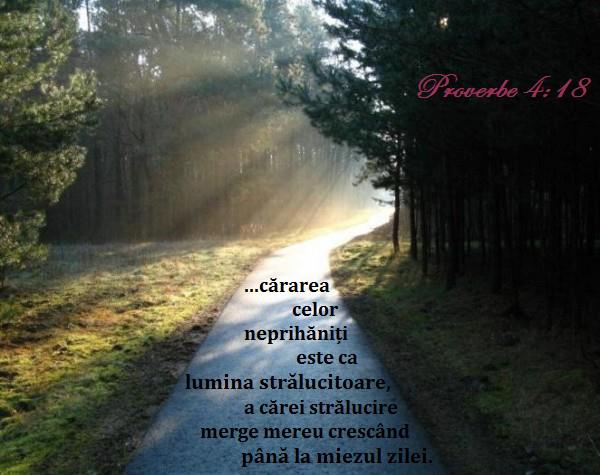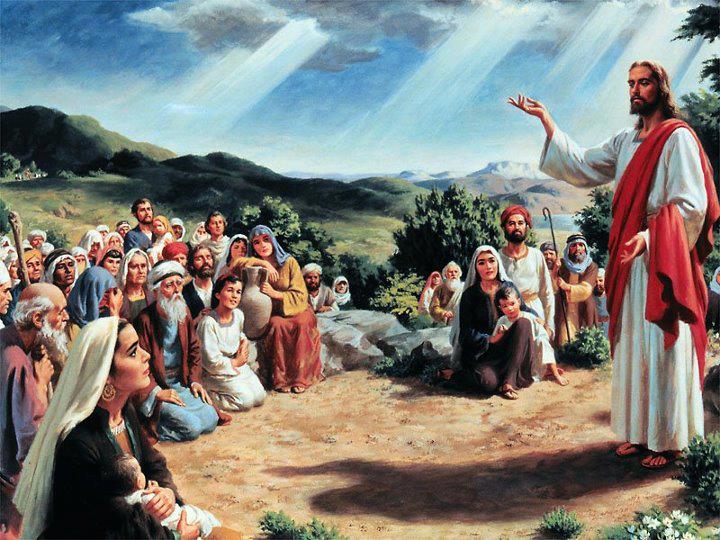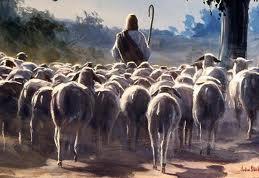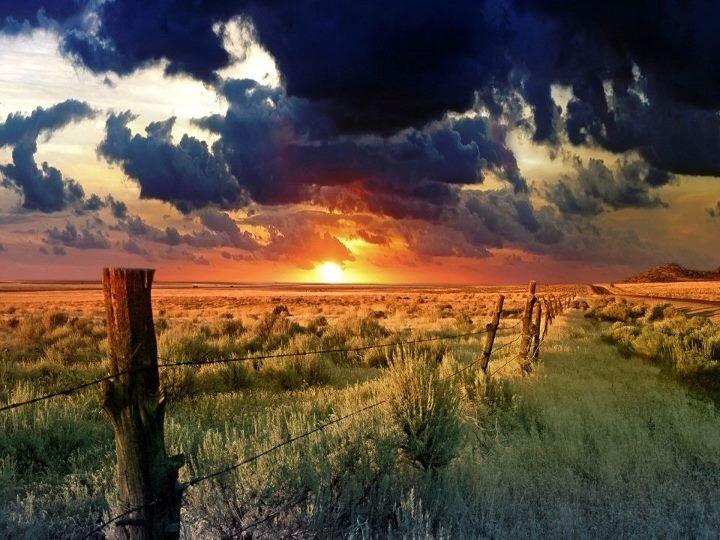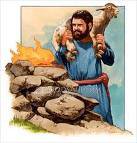You can listen to the 5 min. podcast here- https://soundcloud.com
The famous preacher Martyn Lloyd-Jones, in a sermon on Philippians, said, “False doctrine makes joy in the Lord impossible.” Pastor John, how would you articulate this connection between orthodoxy and joy? How does false doctrine make joy in the Lord impossible?
John Piper:
The key in that phrase is “in the Lord”. Joy in the Lord. False doctrine can make you very happy. If you don’t believe in hell, you might feel happier. If you don’t believe that you don’t have to not sleep around in the weekends and cheat on your wife, then you might have some brief surges of pleasure.
But, when he (Dr. Martyn Lloyd-Jones) says false doctrine makes joy in the Lord impossible, he’s articulating something really important, namely: The only joy that glorifies God is joy that based on a true view of God. If you have happiness because you see God the way He’s not, you might have happiness based on your doctrine, but your doctrine is false and God would not be honored by your happiness. It would be like a person who is thrilled- he’s watching his favorite football team and they’ve just crossed the goal line. And, “Yeah! Yeah!” he’s cheering his lungs out, when he realizes he ran the wrong way. He’s crossed the wrong goal line. He didn’t make 6 points, he lost. And so, that cheering isn’t honoring the team. It makes a fool out of the team.
So, false doctrine presents God, or His ways in a way that they’re not. And if we are happy by what God is not, then He’s not honored by our happiness. And so, right doctrine is in fact a way of showing God and His ways as they really are, so that our joy can be in what is and then our joy is an honor to God. And God is most glorified in us when we are most satisfied in Him. I don’t often say, but, I should say more often probably, that when I say that, that “God is most glorified in us when we are most satisfied in Him”, it presumes that the God in whom we are satisfied is the true God. That we have true views of Him. And so, false views of God will prevent joy in the true God, and that’s the only joy that honors God.
Clearly, if you have a wrong view of salvation, you lose your joy forever. And that’s what was happening in the book of Galatians. They knew God, the Pharisees knew God, and Jesus said, “You’re children of hell, and you’re going there because your view of how to relate to God is upside down.” You think that God is impressed by your works for Him and that you can put Him in your debt. And you can’t. And Christians are those who bring a Gospel like that, so Paul says, “All happiness vanishes.” And that’s probably what Martyn Lloyd-Jones meant. All happiness is going to melt for those who follow a false Gospel.
I have been criticized sometimes for being a hedonist, a Christian hedonist because historic hedonism has often meant “pleasure becomes the criteria of what is right.” You discern what is right by what makes you happy. That’s never, ever been what I meant by hedonism. All I meant by Christian hedonism is “you are living to maximize your pleasure forever.” And that’s the biblical sense of why it’s right to pursue your happiness. But yes, we must be very suspicious of making our pleasures the criteria of what is right or holy, or good, or true. You do it the other way around.
You let the Bible decide what’s true, and then you labor to submit your heart to that so that you can find happiness in the truth, not determine what is true by what makes you happy.
30 Jan 2013Reblogged from rodi
http://rodiagnusdei.wordpress.com/2013/01/30/why-false-doctrine-can-make-you-happy/

